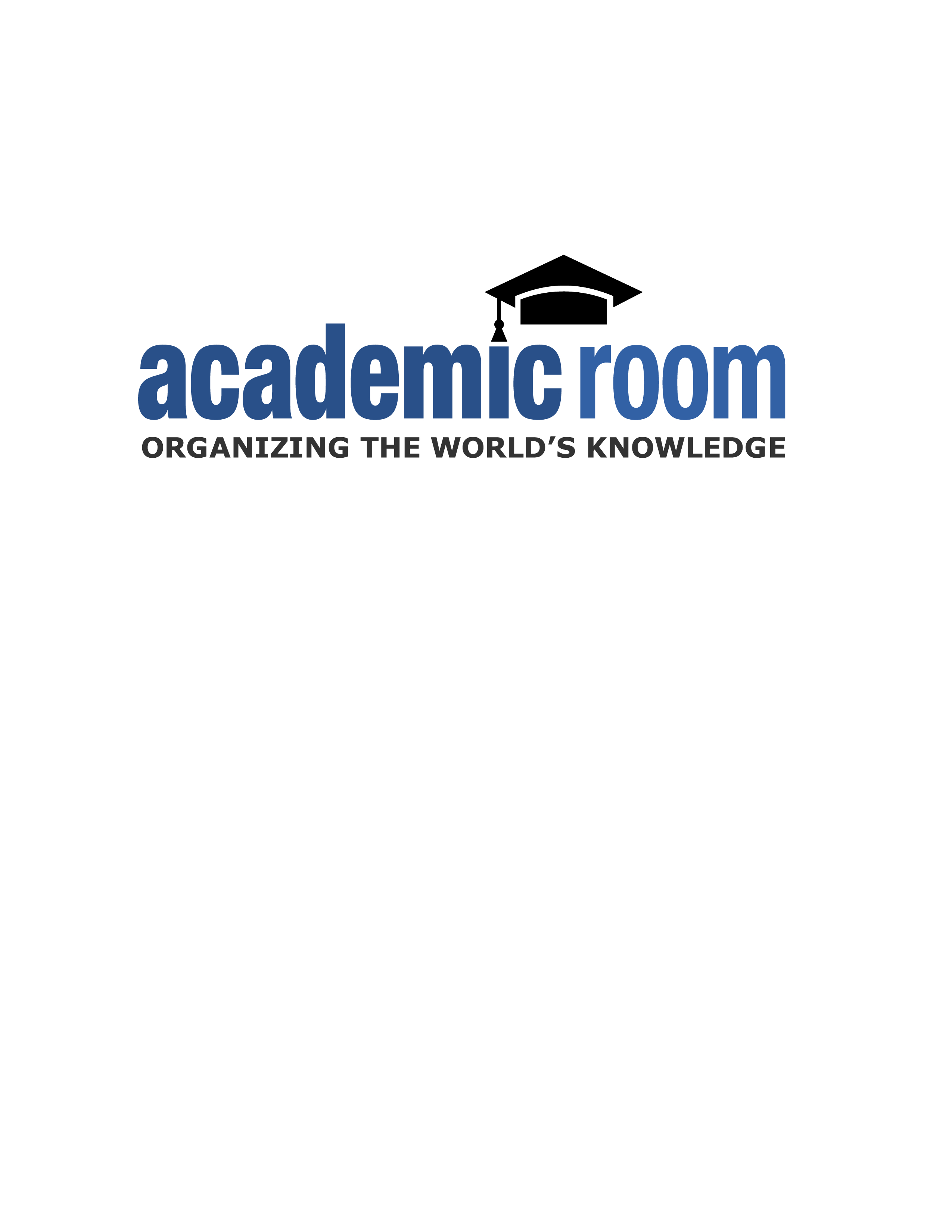
-
2012
Company Description
Academic Room is an online marketplace to curate scholarly content from journal articles to course lectures.
Academic Room (http://www.academicroom.com) is the first multidisciplinary knowledge platform where you can build open communities to organize academic content within well-defined practice areas—ranging from philosophy, history and economics to engineering, architecture and medicine. The platform also dramatically reduces time to locate, both, credible scholarship and experts within a field of research. Academic Room was a finalist in 2012 Massachusetts Innovation and Technology Exchange (MITX) Awards and 2013 EdTech Digest Awards Program for its ability to harness and broker resources and talent across its open communities. Academic Room is headquartered in the Harvard Innovation Lab. Access to educational knowledge, along with the process of its discovery, is an intractable problem, resulting in 3.7 billion related searches every month. 'Researchers—be they senior scholars or freshmen—no longer make the library the first stop in their search for knowledge. The shift from producing and consuming information in hard copy to multimedia digital form has moved the center of information gravity from research libraries to the Internet.' Search engine algorithms rank content that has gone through search engine optimization (SEO) making it more difficult to find more specific high quality academic content. To make matters worse, academic content is becoming increasingly complex and varied, posing an enormous challenge to organize it within traditional web portals. Given these limitations, not surprisingly, the delivery of content occurs haphazardly through disparate websites that often have little to do with education. For instance, today’s students and professors must scour library catalogs for books; video sites for lectures; journal databases for articles and reviews; job boards for career opportunities; and search engines for content such as bibliographies, data sets, lecture notes, syllabi and past exams. As research increasingly becomes interdisciplinary, there is a pressing need for a platform that is social and facilitates both permanent curation and discovery of knowledge. Academic Room’s knowledge management capabilities bring order to this chaos by providing the technology and semantic framework to organize content—in all its complexity—into well-defined subject areas. Because raw and published content is no longer scattered, but rather curated in one central location within specialized social communities on the platform, there emerge a number of opportunities to build a meaningful ecosystem of services around academic disciplines. For instance, Columbia University's Center for Development Economics and Policy (CDEP) uses Academic Room to curate working papers, journal articles and events for its global audience of thought leaders. CDEP also runs a multi-author blog on Academic Room. Similarly, faculty from Harvard University use Academic Room to engage with industry and announce new projects. Academic Room provides single-search discovery of relevant content in all formats (article, book, review, video, audio, image, bibliography, syllabus, dissertation, manuscript) to granular levels. By adding a social networking layer to the platform, content producers and consumers—whether institutions or individuals—are able to create their profiles, dynamically update content they have authored, and engage with other users in discussion groups and blogs. Academic Room was conceived as a content platform with the larger vision of collaboration in mind from its very inception because other existing solutions are mere social networks that lack the capability to create structured repositories of knowledge.
-
Manufacturer:
Software -
Formed:
2012 -
Founders:
Sarabjot Kaur -
Company Website:
-
Company E-mail:
-
Company Address:
184 Green Street, Suite 1Cambridge, MAUnited States -
CEO:
- Sarabjot Kaur
-
We recognize our sponsors starting at $1 per entry.
Learn more at https://www.ithistory.org/benefits

